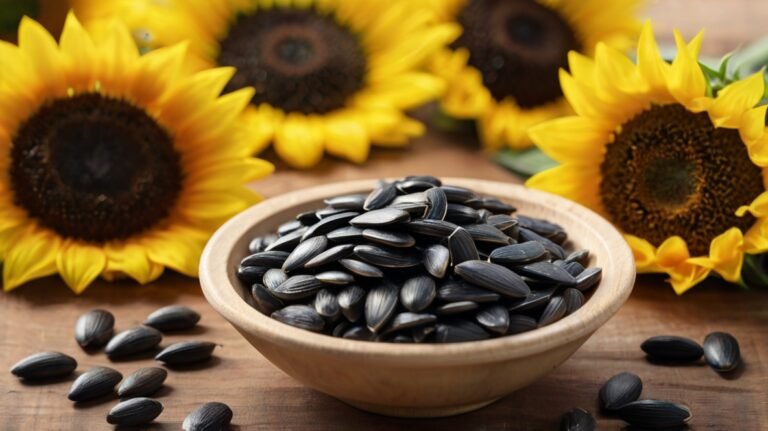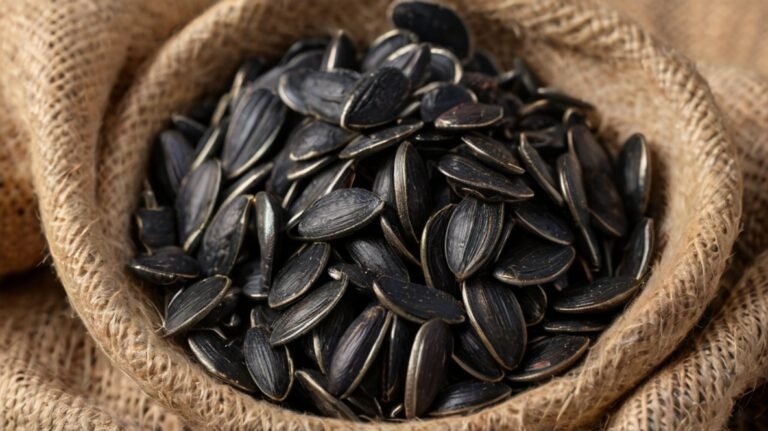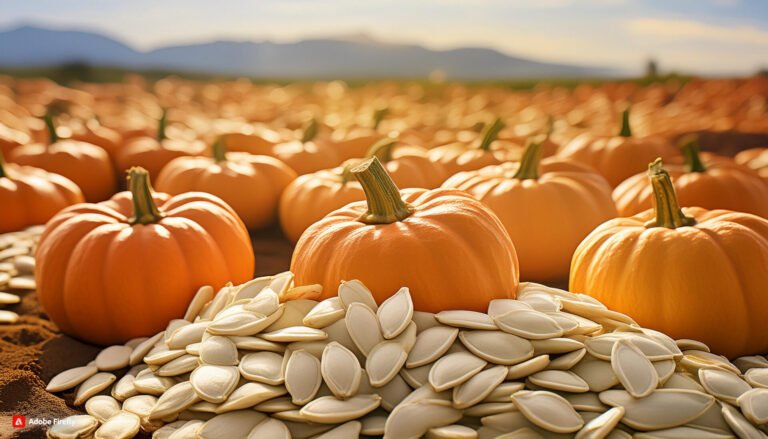Ever wondered how to grow sunflowers that'll make your neighbours green with envy?
You're in the right place.
Today, we're diving into the best fertilizers and methods for sunflower growth.
Let's turn those seeds into towering beauties, shall we?

1. The Foundation: Soil Preparation
First things first: soil is everything.
Sunflowers aren't divas, but they do have preferences.
Here's what you need to know:
- pH sweet spot: 6.0 to 7.5
- Well-draining soil is a must
- Add organic matter for extra oomph
Pro tip: Our Premium 363 Sunflower Seeds love a good soil foundation.
2. Nitrogen: The Growth Booster
Nitrogen is like caffeine for sunflowers.
It fuels their growth and keeps them reaching for the sky.
Here's how to get it right:
- Use a balanced NPK fertilizer at planting
- Side-dress with nitrogen when plants hit 2 feet
- Don't overdo it - too much can lead to weak stems
Want to see nitrogen in action? Check out our Sunflower Seed Varieties page.
3. Phosphorus: The Root of the Matter
Phosphorus is all about those roots, baby.
Strong roots = strong plants.
How to nail your phosphorus game:
- Add bone meal before planting
- Use a phosphorus-rich fertilizer mid-season
- Consider mycorrhizal fungi for better uptake
Our Tongqing No. 6 Sunflower Seeds are phosphorus powerhouses.
4. Potassium: The All-Rounder
Potassium is like a multivitamin for your sunflowers.
It boosts overall health and disease resistance.
Potassium tips:
- Wood ash is a great organic source
- Apply potassium-rich fertilizer during flowering
- Watch for yellow leaf edges (a sign of deficiency)
Learn more about sunflower health in our Health Benefits of Sunflower Seeds guide.
5. Micronutrients: The Unsung Heroes
Don't sleep on micronutrients.
They're small but mighty.
Key players for sunflowers:
| Micronutrient | Function |
|---|---|
| Boron | Seed development |
| Zinc | Chlorophyll production |
| Manganese | Photosynthesis |
Our Premium 361 Sunflower Seeds are bred to make the most of these micronutrients.
6. Organic vs. Synthetic: The Great Debate
Organic or synthetic fertilizers?
It's not just about being green.
Here's the lowdown:
- Organic: Slow-release, improves soil structure
- Synthetic: Fast-acting, higher nutrient concentration
Both have their place.
Choose based on your goals and timeline.
Dive deeper into organic methods in our Growing Sunflowers from Seeds guide.
7. Watering: The Lifeblood of Growth
Water is crucial, but it's all about balance.
Too much or too little can spell disaster.
Watering wisdom:
- Deep, infrequent watering encourages deep roots
- Water at the base to avoid fungal issues
- Use mulch to retain moisture
Want to know how water affects seed quality? Check out our Storing Sunflower Seeds guide.
8. Companion Planting: Nature’s Fertilizer
Some plants can give your sunflowers a natural boost.
It's like having plant BFFs.
Top sunflower companions:
- Cucumber
- Corn
- Pole beans
- Squash
Avoid planting near potatoes or pole beans.
Learn more about plant synergies in our Sunflower Seeds in Cooking section.
Ready to grow some monster sunflowers?
Grab our premium sunflower seeds and get started!
Remember, growing awesome sunflowers is part science, part art.
Don't be afraid to experiment and find what works best in your garden.
Now go forth and grow those sunflowers!
Your journey to the best fertilizers and methods for sunflower growth starts here.







